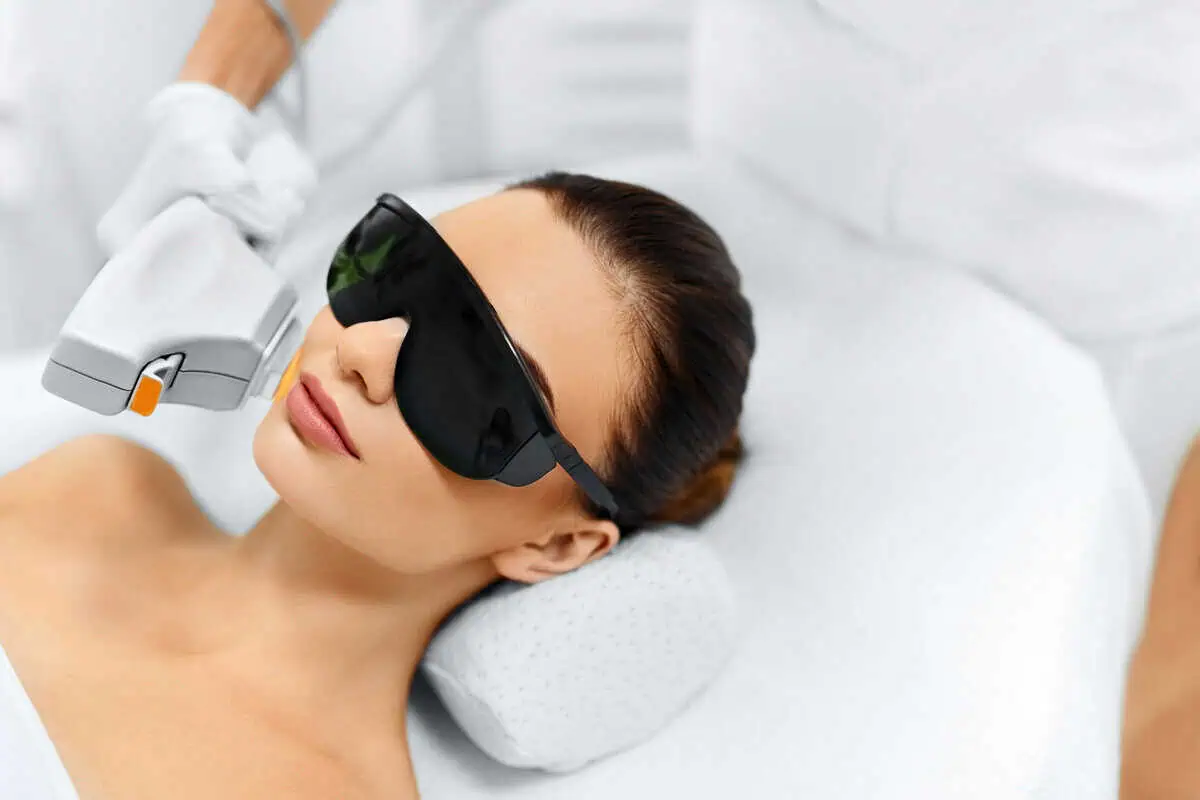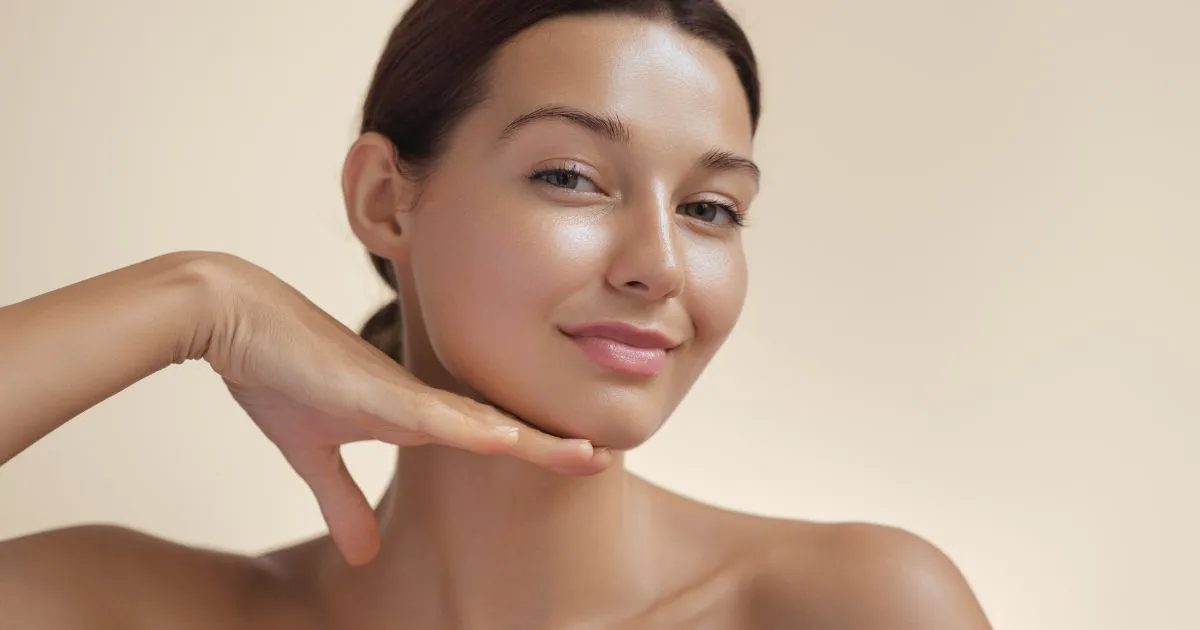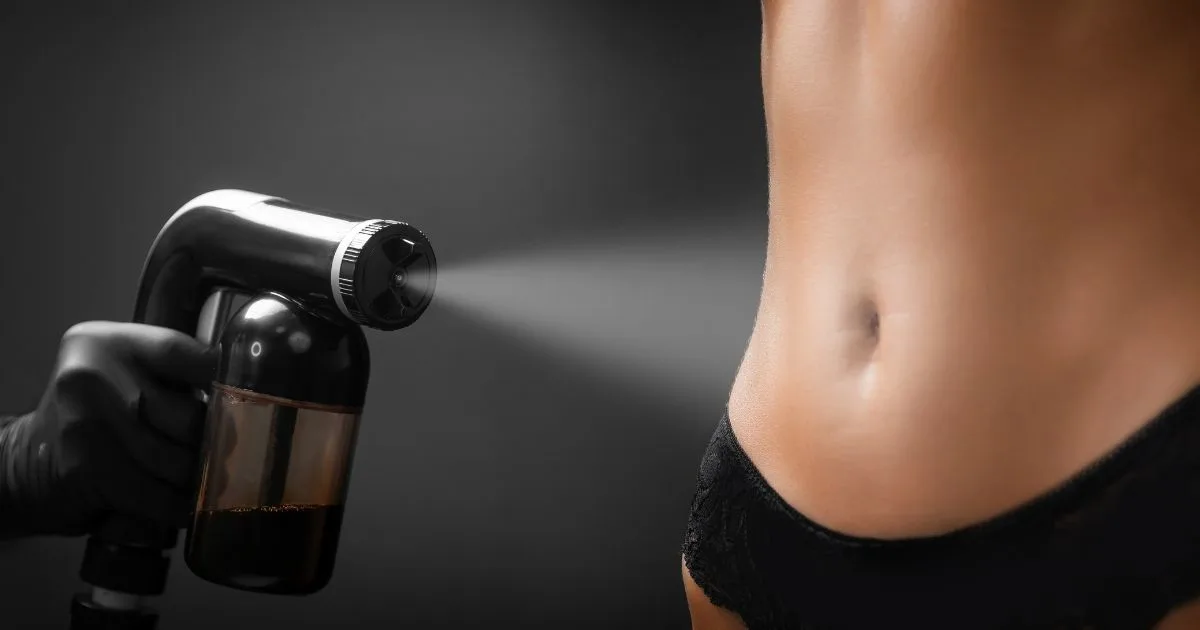Acne is a condition that is brought on when the hair follicles located under the skin become blocked. Sebum and dead skin cells both clog the pores, resulting in breakouts of lesions usually referred to as zits or pimples. The face is usually the location for the outbreaks, but they can also manifest themselves on the shoulders, chest, and back.
Keratinocytes are cells that generally come to the skin’s surface as a normal part of the body’s process of shedding dead skin cells. When a person gets acne, the hair, keratinocytes, and sebum usually found inside the pores become clogged. Because of this, the keratinocytes do not shed, and the sebum does not make it to the skin’s surface.
Because the blocked follicles contain a mixture of oil and dead skin cells, bacteria that ordinarily exist on the skin can increase and produce inflammation, which manifests as inflammation, heat, and discomfort. When the wall of the blocked follicle begins to break down, germs, skin cells, and sebum begin to leak out into the surrounding skin, causing lesions or pimples to form.
Acne tends to clear up for the vast majority of people by the time they reach their thirties; nevertheless, some individuals in their forties and fifties still also struggle with this skin condition.
The Various Types of Acne
- Blackheads: open pimples on the skin that become clogged with extra oil and dead skin. The bump may have the appearance of having dirt deposited in it, but the dark patches are created by an uneven reflected light off the blocked follicle.
- Whiteheads: bumps on the skin kept closed by the buildup of oils and dead skin.
- Papules: are defined as little pimples that might be pink or red and become inflammatory.
- Pustules: Pimples with pus. They resemble whiteheads that are encircled by red rings in appearance. If picked or scraped, they have the potential to leave scars.
- Pityrosporum folliculitis: also known as fungal acne, is a kind of acne that develops when there is yeast overgrowth in the hair follicles. They have the potential to become irritated and irritating.
- Nodules: lumpy acne lesions that are located deep in the skin. They are cumbersome and uncomfortable.
- Cysts: sometimes known as pus-filled pimples. Scarring may result from them.
Your self-esteem could suffer if you have any of these types of acne. It is in your best interest to get assistance from your healthcare practitioner as soon as possible so that they can assist you in determining which treatment option(s) are the most appropriate for you.
What are the factors behind acne?
To a significant extent, acne is a hormonal problem caused by androgen hormones, which generally come strong during the teenage years and the early years of young adulthood. Acne can be caused when hypersensitivity to these hormones combines with bacteria found on the skin’s surface and the fatty acids produced by the skin’s oil glands.
Some things can cause acne or be made worse by certain factors.
- Changes in a woman’s hormone production before to the start of her period
- Picking at lesions caused by acne.
- Clothing as well as headgear, such as hats and helmets for sports
- Pollution in the air and specific climatic conditions, particularly excessive humidity.
- Utilizing oily or greasy beauty products or working in an environment where you consistently come into touch with grease are both risk factors for developing a greasy skin
- Stress, which causes an increase in cortisol levels, can also cause acne to become more severe.
- Genetics
Does chocolate trigger acne breakout?
Several studies find a connection between certain meals and acne. Acne outbreaks have been linked to the consumption of skim milk, whey, and meals that are heavy in sugar. There’s no convincing evidence that eating chocolate causes acne.
Why do teenagers usually have acne?
An increase in the hormones known as androgens is one of the factors that can lead to acne. The highest levels of these hormones often characterize the teenage years.
Does particular food cause acne?
Acne is caused by hormonal shifts in the body almost entirely. Although some data suggest that food high in sugar and whey protein may induce acne breakouts, experts disagree on whether or not this is the case.
Inflammation can be mitigated to some degree by consuming a nutritionally sound diet and abundant in fresh produce, particularly those high in vitamin C or beta carotene. Additionally, there is some evidence that consuming fish can be beneficial.
Can acne produce scars?
Scarring can occasionally be a consequence of acne. This occurs when acne is severe enough to infiltrate the skin and cause harm to the deeper layers. The pores that are affected by acne enlarge due to inflammation, and this causes the lining of the pore to break down. Naturally, scarring can cause concern, which is a perfectly normal reaction. However, for it to be managed, your health professional will first identify the type of acne that resulted in the scarring.
There are several different courses of treatment that can be pursued. Acne scars can be treated with various procedures, including chemical peels, exfoliation, laser resurfacing, microdermabrasion, and surgery.
How is acne dealt with medically?
Your primary care physician might only recommend that you try some over-the-counter medicines to treat your condition. You will likely require stronger prescription treatments due to the severity of the issue, your age, the kind of acne you have, and how successful the over-the-counter medicines have been for you.
There is some evidence that using some contraceptives can help clear up acne in females. The Food and Drug Administration has given the green light to acne treatment with three different types of birth control pills.
Several treatments, including drugs and therapy, are successful. They focus on treating the underlying causes of acne rather than just the symptoms. Depending on how severe your disease is, you may need at least one or even many of these.
Your primary care physician will be able to treat and manage your acne for you. On the other hand, if your acne does not heal or if it is severe, you should consult a dermatologist who is board certified. When you make an appointment at Spa MD, you can look forward to receiving a warm welcome from the professionals who’ll help you deal with acne.








